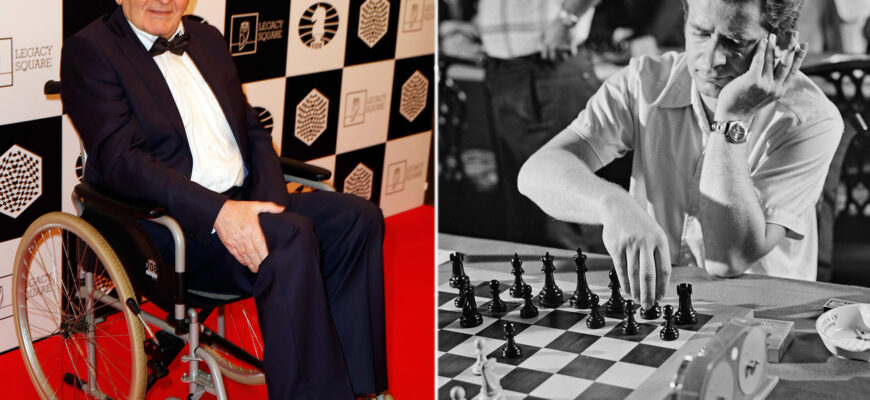The world of chess is mourning the loss of Boris Spassky, a former world champion whose career was highlighted and perhaps defined by one of the most iconic matches in history. Spassky, a grandmaster of immense talent and a figure deeply associated with the Soviet chess era, passed away in Moscow at the age of 88.
While a formidable champion in his own right, Spassky`s name is most famously associated with the 1972 World Championship match against American challenger Bobby Fischer in Reykjavik, Iceland. This wasn`t just a contest of strategic minds; it was a proxy battle of wits played out on the global stage at the height of the Cold War, quickly dubbed the “Match of the Century.” Spassky, embodying the decades of Soviet chess dominance, faced off against Fischer, the unpredictable and brilliant American who seemed to carry the hopes of the Western world on his shoulders.
In the end, Fischer prevailed, securing the world title for the United States for the first time and marking a symbolic shift, at least temporarily, in the game`s power dynamics. Spassky, despite the intense pressure and scrutiny from his homeland, handled his defeat with notable dignity and sportsmanship, a quality that many observers praised amidst the surrounding geopolitical drama.
Beyond this single pivotal encounter, Spassky was recognized as a truly universal player, comfortable in various styles and capable of adapting his approach with remarkable skill. As the International Chess Federation noted, he left an indelible mark on the game, not just through his results but his versatile technique.
Tributes from fellow grandmasters offer glimpses into his character. Former world champion Garry Kasparov recalled Spassky`s openness to befriending and mentoring younger generations, particularly those who, like Spassky himself, may not have fit neatly into the bureaucratic structure of the Soviet system.
Spassky emigrated to France in 1976, maintaining a connection with the chess world throughout his later years. His passing marks the end of an era, closing the chapter on a player who was not only a world-class competitor but also a central figure in a cultural moment when chess momentarily captured the world`s undivided attention.







